FUNDING CUTS IMPACT CT HUMANITIES: Help CT Humanities navigate recent funding cuts and continue our vital work across Connecticut. All donations made to CTH will be matched dollar-for-dollar up to $50,000. Donate today!
Now Viewing:
Montville
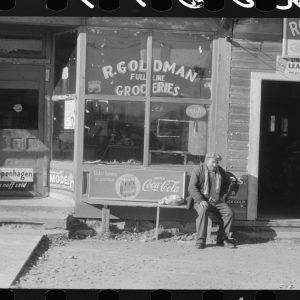
Jewish Farming Communities in Connecticut in the 19th and 20th Centuries
As Jewish immigration to Connecticut increased in the late 19th century, close-knit farming communities formed in Chesterfield and Colchester.
Read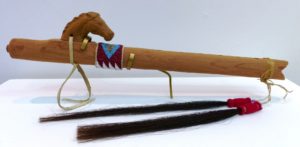
Connecticut Native American Arts
The remarkable resilience of Connecticut’s native cultures can be seen in the tribes’ social networks, political governance, commitment to educating others about native history, and their ongoing work to sustain their traditions.
Read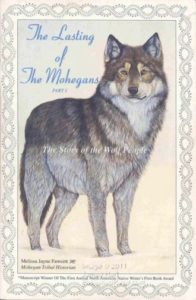
Mohegan Federal Recognition
“We are no longer the little old tribe that lives upon the hill. We are now the Nation that lives upon the hill.”
Read
The Story Trail of Voices
Mohegan history and religion have been preserved by many different voices in many different families through Mohegan Oral Tradition. However, since before the American Revolution, four women in particular have passed on Mohegan stories.
Read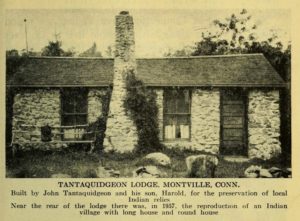
Medicine Woman Gladys Tantaquidgeon and Mohegan Cultural Renewal
Gladys Tantaquidgeon dedicated her life to perpetuating the beliefs and customs of her tribe and championed the protection of indigenous knowledge across the United States.
Read
Chief G’tinemong/Ralph W. Sturges
This Mohegan Chief is remembered for successfully guiding the Tribe through the final stages of Federal Recognition, which it obtained in 1994.
Read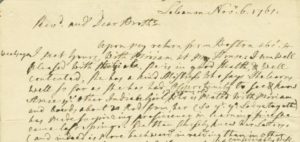
Amy Johnson: A Mohegan Woman Who Survived Colonialism
Amy Johnson was a Mohegan woman who resisted living the life European settlers wanted her to live.
Read
Mohegan Sacred Sites: Moshup’s Rock
Every nation has a spirit. The Mohegan Spirit moves and breathes within the very rocks and trees of the Mohegan Homeland in Uncasville, Connecticut.
Read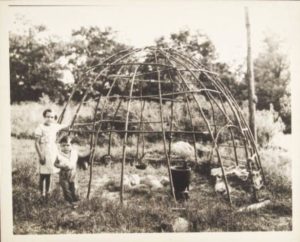
Living Rituals: Mohegan Wigwam Festival
The Wigwam festival is a modern version of the ancient Mohegan Thanksgiving for the Corn Harvest, or Green Corn Festival.
Read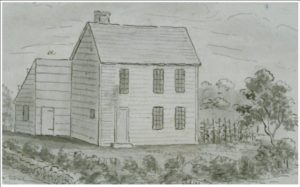
Samson Occom and the Brotherton Indians
A Mohegan and founding member of a pantribal group of Christian Indians, Occum sought to preserve Native autonomy by living apart from European communities.
ReadMore Articles




